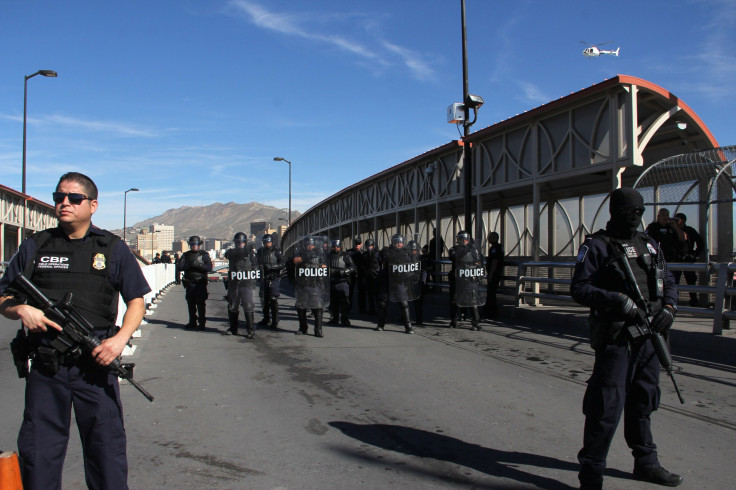
The Biden's administration restriction on asylum seeking has led to a sharp decrease in, border arrests, with figures at their lowest since the president took office in 2021. Statistics released by Customs and Border Patrol showed that such apprehensions decreased by 29% in June, clocking in at 83,536, compared to 117,901 in May, and they have continued dropping in July.
One key factor of the government's executive action is the so-called "shout test". According to Homeland Security, current border processing implies that "noncitizens who cross the southern border and are processed for expedited removal while the limitation is in effect will only be referred for a credible fear screening with an Asylum Officer if they manifest or express a fear of return to their country or country of removal, a fear of persecution or torture, or an intention to apply for asylum."
In other words, while the measure is in place, agents no longer ask migrants if they fear deportation. Migrants must bring it up themselves.
"Immigration advocates are calling this the "shout test" — suggesting migrants must shout their fears", The Associated Press reports. "Though agents are taught to respond to other signs of distress, such as crying, shaking or a change in tone of voice and to refer migrants for screening if the behavior appears genuine. Anyone not screened can be immediately deported."
The practice, however, has found detractors since day one. Back in June 5, the National Immigrant Justice Center said of "the shout test":
Customs and Border Protection (CBP) will no longer screen anyone for fear of return. Instead, they will expect individuals and families to "manifest" their fears proactively, even though CBP has a disastrous record of intimidating asylum seekers or failing to record people's expressed fears. Further, it is well documented that people fleeing persecution inflicted by official or quasi-official actors are highly unlikely to volunteer information about their fear when they encounter armed, uniformed officials of a foreign government. Those few who are deemed to have "manifested" a fear will be able to seek only limited, temporary protection in the United States, and only under a heightened standard.
The aforementioned piece also points out to figures from The Center for Gender & Refugee Studies. The organization claims that 51 of the 97 families it interviewed in 2020, when the "shout test" was briefly in effect during the COVID-19 pandemic, said they spoke to agents about fears of deportation and another 21 expressed nonverbal cues but none were screened.
Administration officials have, nevertheless, stood by the practice, alleging that migrants are more likely to say they fear deportation if prompted with a question and, therefore, refuse to back down with the practice. U.S. Secretary of Homeland Security Alejandro Mayorkas defended the practice last month by stating that "DHS officials are well-trained to listen for and recognize expressions of fear", adding that "we (the DHS) comply with asylum law and we comply with enforcement laws as well."
© 2024 Latin Times. All rights reserved. Do not reproduce without permission.







